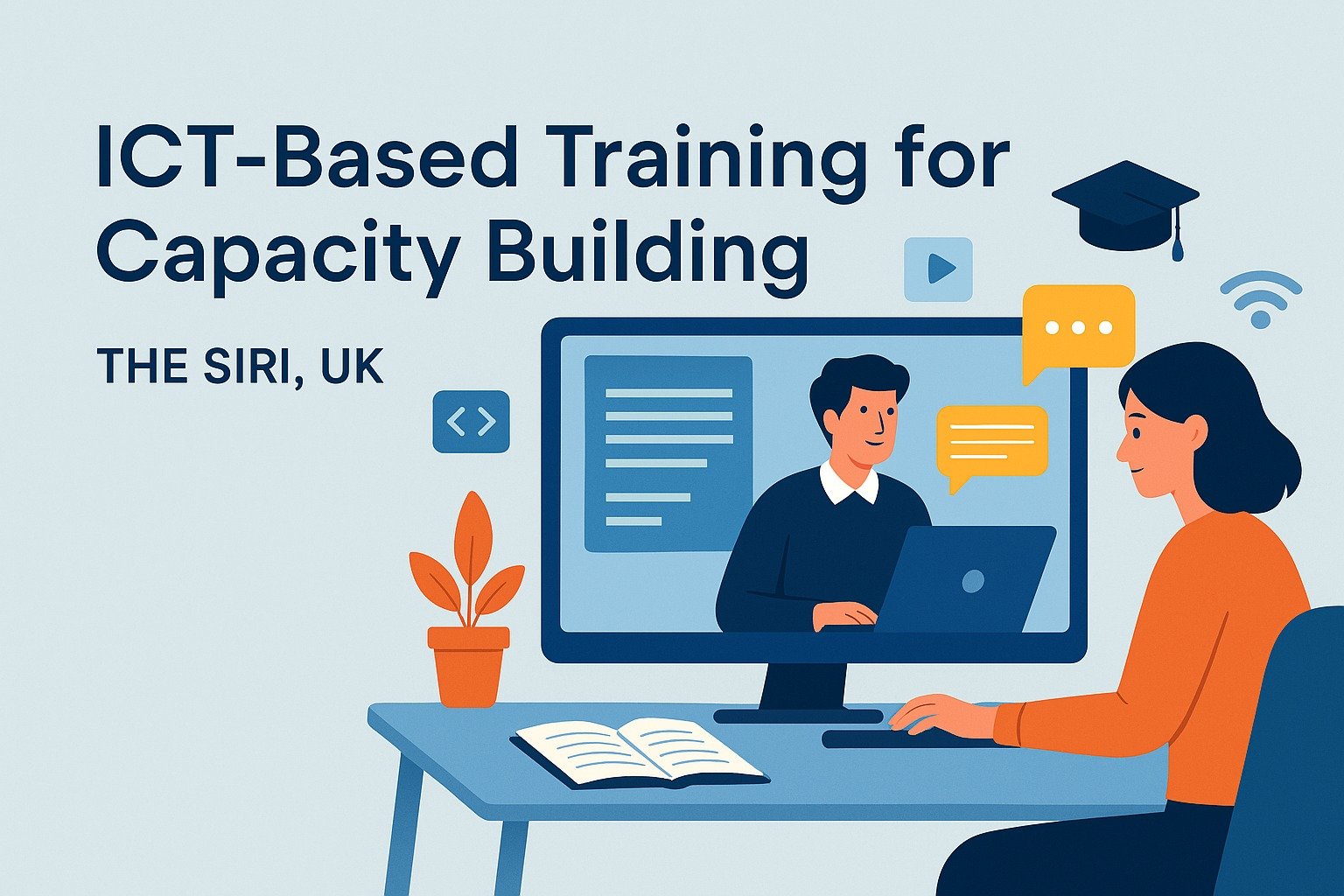ICT-Enabled Teaching Program

About Course
ICT-Enabled Teaching Program Outline for Zambian Teachers
Course Objective:
Course Objective: The ICT-Enabled Teaching course aims to equip Zambian teachers with the
knowledge, skills, and confidence to effectively integrate Information and Communication
Technology (ICT) into their teaching practices. By the end of the course, participants will be able
to leverage digital tools and resources to enhance student learning, improve lesson planning,
foster collaboration, and develop 21st-century skills in both themselves and their students. The
course will also enable teachers to overcome challenges related to ICT access.
Specific Objectives:
Develop ICT Literacy: Empower teachers with foundational ICT skills, including proficiency in
using computers, digital tools, and software to enhance teaching and learning.
Integrate ICT into Lesson Plans: Enable teachers to design, plan, and deliver engaging lessons
using ICT tools, such as multimedia, e-learning platforms, and interactive resources, tailored to
Zambia’s curriculum.
Utilize Digital Assessment Tools: Equip teachers with the ability to use digital tools to assess
and track student progress, giving timely feedback and supporting personalized learning.
Promote Digital Citizenship and Literacy: Encourage the development of digital literacy and
ethical online behavior among students, fostering safe and responsible use of technology in
learning environments.
Overcome ICT Challenges: Provide strategies for teachers to navigate and address the
challenges of ICT integration in resource-constrained environments, especially in rural or
underserved schools.
Enhance Professional Development: Foster continuous professional growth by encouraging
teachers to use ICT for their personal and professional development, networking, and
collaboration.
Support Administrative Efficiency: Enable teachers to use ICT for administrative tasks, such
as record-keeping, communication, and time management, improving the overall efficiency of
school management.
Student Ratings & Reviews
